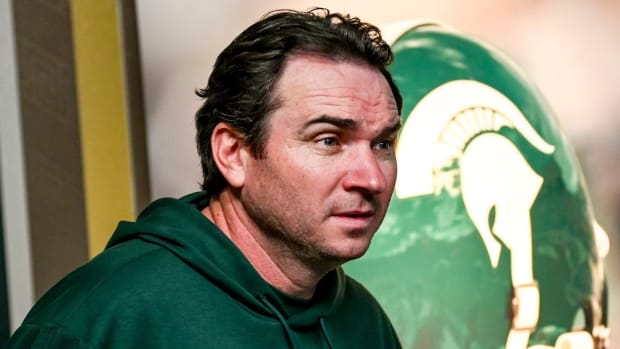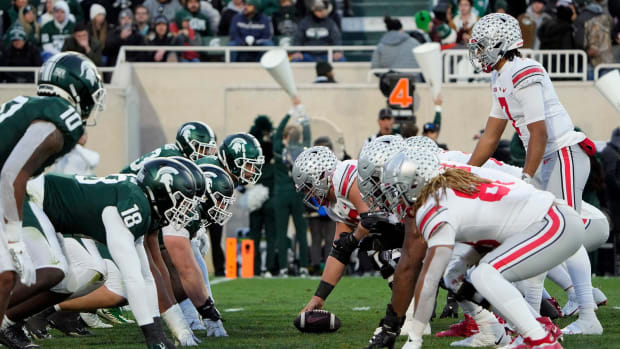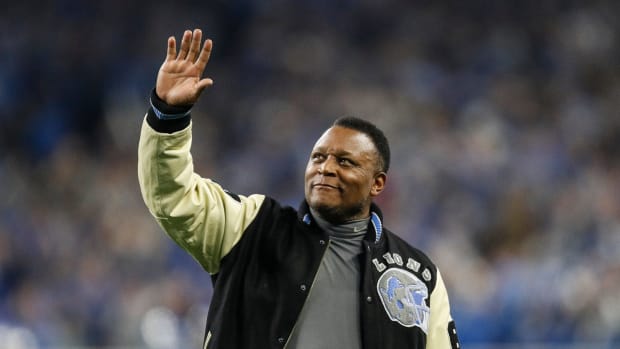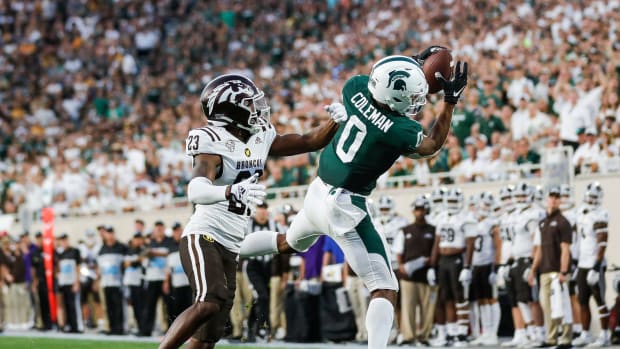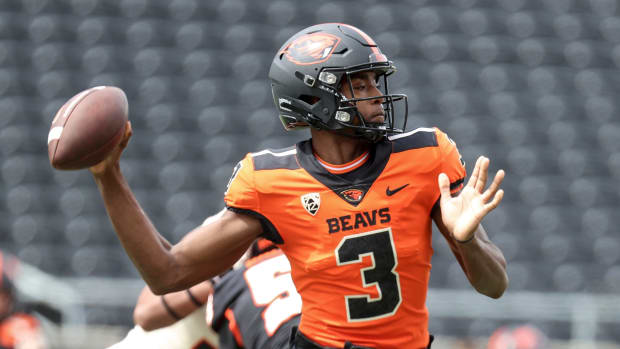How Has Social Networking Changed College Sports?

Social networking sites have raised huge amounts of controversy on college campuses ever since they made their way into mainstream pop culture. Facebook, Twitter and Myspace have dominated the social landscape and are now interchangeable as both nouns and verbs. It is having a large impact on college athletics and is often a tool used to reveal the next superstar high school athlete’s collegiate choice.
Twitter is the most recent social network to raise eyebrows. Student athletes are using the network for a variety of things outside the realm of social interaction. In some cases, Twitter has been used to socially attack coaches. In other cases, it has been used to degrade members of the opposite sex that were merely being used as social status symbols. Any way you look at it, these social networking sites are a huge part of the collegiate landscape and universities are scrambling to figure how best to address the issue.
The reality is that this cannot go unchecked. Yes, I do identify myself as a conservative. No, I do not believe that we can limit free speech. Here is the issue though; student athletes are tied to the university. They receive extra university benefits that other students do not receive. I understand that they largely give up their lives as college students when they become athletes. I also realize that the extra tutoring, premium facilities and flexible assignments are only in place because universities make money on the student athletes that play football and basketball. Student athletes are streams of revenue for their institutions.
This does not afford them the same rights as Joe Smith who is the common campus “Joe.â€Â They are the face of their university. They are seen as a representative. They are held to a different standard because they are different from other students. Universities can and should be allowed to police social networking sites. Coaches should be able to hand down appropriate punishment when it reflects poorly on the team and the university.
I know in some instances, college coaches have passed on a high school kid because of what was put on their Facebook page. The coach decided that his reputation, the university’s reputation and his program were more important than a 4.4 forty and a bench press. I commend coaches who do this because it is consistent with the real world.
Social websites are now being combed as part of an employer’s background check. They are looking at everything. They are looking at the way you dress. Do you look intoxicated in any of the photos that are posted? Do you have underage people drinking in the same pictures that you are plainly seen in? Is there an item in the background that suggests someone at some point at a party you were at was using illicit drugs? This is exactly what employers are looking at.
Isn’t it the job of universities to prepare students for future employment? So I ask you, should coaches be allowed to hand down punishments to student athletes who put inappropriate pictures and statements up on social networks? How do you feel when you read Twitters that include horrendous language, racial slurs and degrading statements about women or men? Are these people that you want to root for on Saturday afternoons or on Super Tuesday? Just checkin’.

